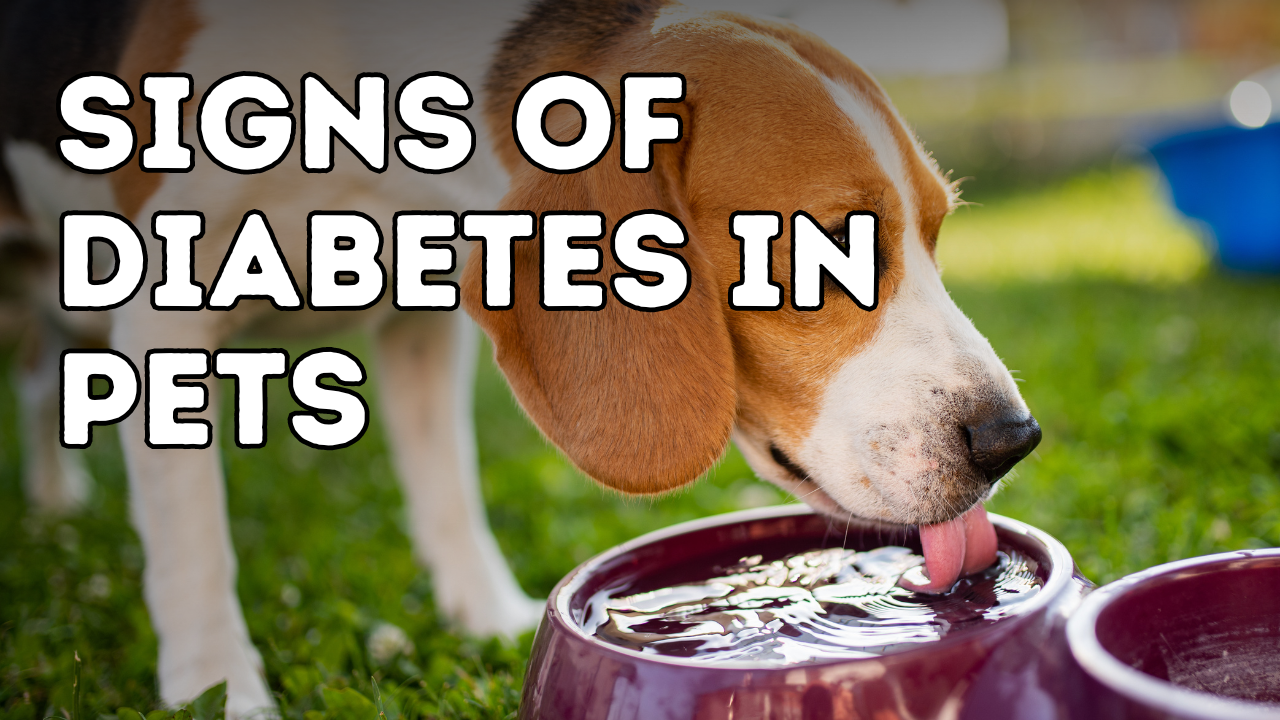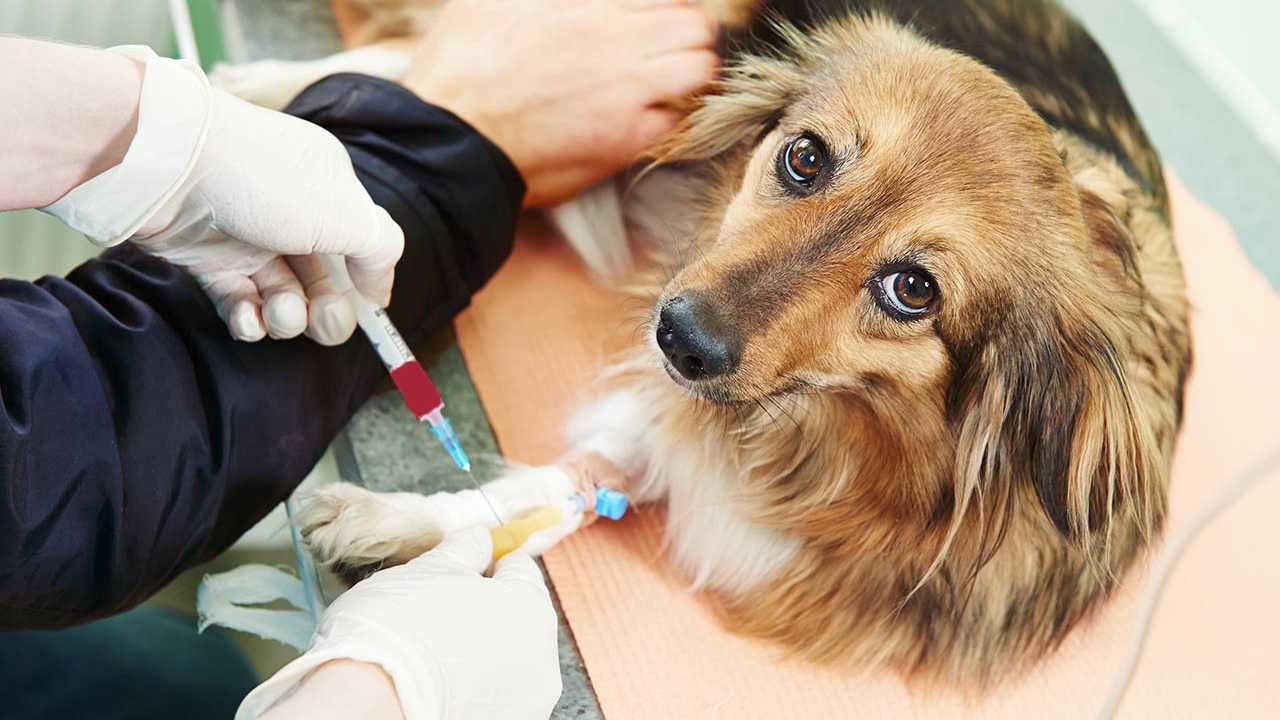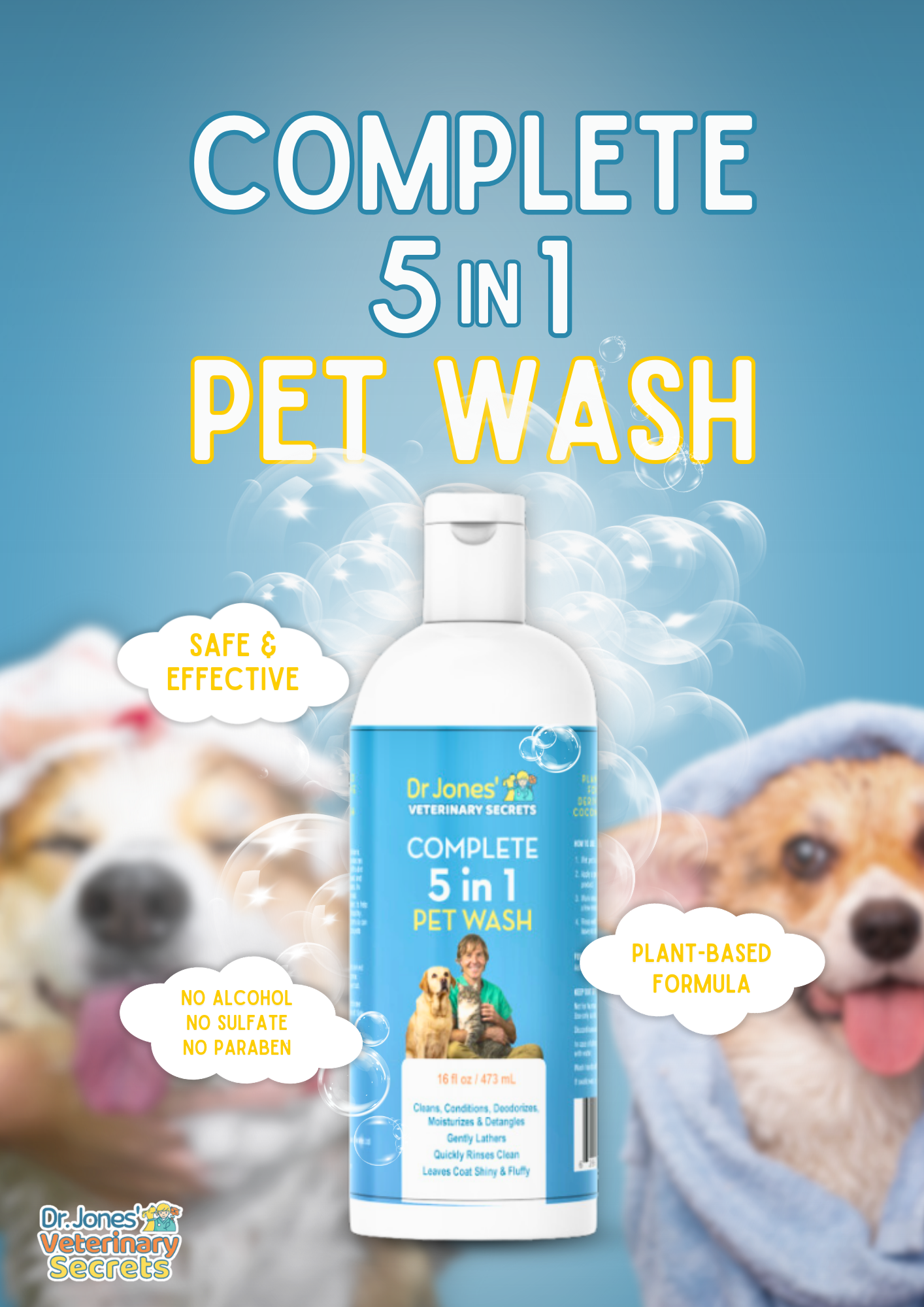Excessive Drinking and Urinating in Pets: Could It Be Diabetes?

If your dog or cat is excessively drinking and urinating, then they may have Diabetes.
It is now increasingly common in people, our cats, and dogs.
As far as treatments go, a recent study published by the National Institutes of Health (NIH) that compared krill oil and fish oil, the evidence suggested that krill oil was more effective at reducing blood glucose levels.
If you have a diabetic pet, OR a pet with arthritis or allergies, then you should try this:
Dr Jones’ Ultimate Omega 3 Supplement for Dogs and Cats


Managing Diabetes in Pets: A Guide from Dr. Andrew Jones
As a veterinarian, I often deal with diabetes in dogs and cats, a condition that necessitates close collaboration between pet owners and veterinarians to manage effectively. The cornerstone of managing diabetes in pets involves the use of insulin and dietary changes. Typically, I perform blood glucose curves in the hospital to start insulin treatment and continue monitoring at various stages:
- After administering the first dose of a new insulin type
- 7 to 14 days following an insulin dose adjustment
- Every three months for well-controlled diabetic pets
- Whenever there are recurring clinical signs in a controlled patient
- When hypoglycemia is suspected
These necessary but frequent visits can be stressful and costly for both pet owners and their furry companions. Cats, in particular, are prone to stress hyperglycemia in a hospital setting.
Advancements in Home Blood Glucose Monitoring
To reduce these burdens, portable blood glucose meters have been introduced for home use, though they come with challenges such as difficulty in obtaining sufficient blood samples and pet resistance. A significant advancement in this area is the continuous glucose monitoring system (CGMS), which involves a sensor applied to the pet’s body to measure glucose levels continuously. Unlike portable meters, CGMS often still require capillary blood samples for calibration.
The latest innovation is the flash glucose monitoring system (FGMS), which also uses a skin sensor but does not require blood sample calibration. The most popular model, the Freestyle Libre, provides real-time glucose readings directly to a monitor or smartphone and can be worn for up to 14 days, showing great promise for at-home diabetes management.
The Role of Probiotics in Managing Diabetes
Recent studies have highlighted the potential benefits of probiotics in managing diabetes, not just in humans but potentially in pets as well. Research indicates that probiotic supplementation can lower fasting plasma glucose, improve lipid profiles, and reduce blood pressure and other cardiovascular risk factors in individuals with type 2 diabetes. Probiotics like Lactobacillus Acidophilus and Bifidobacterium have been particularly noted for their positive effects on glycemic and inflammatory statuses.
For effective results, it is recommended to ensure a probiotic dose of at least 100 million CFUs per 10 lbs daily, along with a prebiotic to support the growth of beneficial bacteria.

In conclusion, if you have a diabetic pet, especially one on insulin, considering the flash glucose test is a wise choice. It simplifies obtaining accurate glucose readings and significantly reduces the stress associated with traditional testing methods, particularly for cats prone to stress in clinical environments.
Furthermore, I also recommend looking into supplements like Omega 3 fatty acids, which play a crucial role in veterinary medicine. My natural krill oil supplement offers high levels of essential fatty acids, EPA and DHA, with better absorption and without the toxins found in many fish oil products.
Heal your pet at home with these advanced tools and supplements for a happier, healthier companion.
